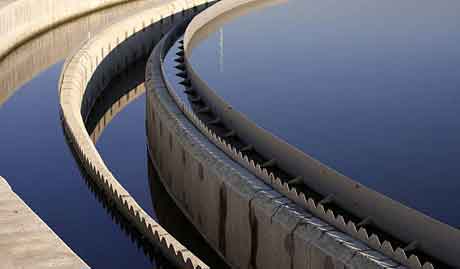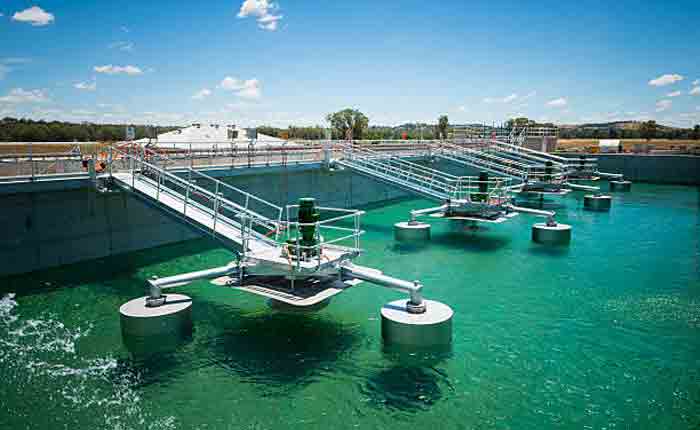There are many advantages to water treatment. For one, it reduces the need to use fossil fuels. Another is that it provides clean drinking water, which reduces costs and improves heater efficiency. However, before we dive into these benefits, let’s look at why industrial water treatment chemicals is so important. Listed below are the top four reasons to have your wastewater treated. Read on to learn more! After all, it’s not just about saving money.
Reduces Dependence on Fossil Fuels

Reducing our reliance on fossil fuels is crucial to addressing global climate change. Over 80% of the energy used in the United States is derived from fossil fuels, including coal, natural gas, and petroleum. However, as these fuels take millions of years to form, they are essentially nonrenewable. With this increasing demand, we must find ways to reduce our dependence on these energy sources in order to avoid the devastating effects of global warming and atmospheric pollution.
Provides safe drinking water
A basic treatment process for drinking water includes screening the abstraction point water. This process can take several steps and may include coarse filtration. After this, the water can be stored in a storage tank or exposed to ultraviolet light, which breaks down harmful pathogens. Other methods involve the use of activated carbon or aluminium salts. The more popular aluminum salt is alum, which breaks down pathogens in the water by forming a complex with aluminium. This complex is known as aluminium hydroxide.
Reduces costs
Water and wastewater treatment is costly and requires large investments in infrastructure, capital and organization. Certain things have variable costs, including energy. Some wastewater treatment systems require a minimum amount of energy to function. The following methods can reduce costs for water and wastewater treatment. Listed below are three of the most effective methods. This will reduce your facility’s overall water and wastewater treatment costs. They will also improve your facility’s environmental impact. Listed below are three common wastewater treatment technologies:
Improves heater efficiency
Water treatment is essential for HVAC systems. It not only reduces the chances of scale, corrosion, and bacteria but also improves the overall health of the system. The process of water treatment can be retrofitted into existing equipment or installed as part of a new system. It also prevents harmful bacteria from growing in water, which extends the lifespan of the equipment. This way, you will be saving money and energy. To learn more, read on:
Reduces health risks
A water treatment process can significantly reduce health risks associated with contaminated drinking water. Among the top health risks associated with contaminated drinking water is diarrhea, a complication of microbiologic contamination. This condition has high mortality rates and is associated with acute kidney injury. A hemodialyzer membrane filtration device reduces this risk by 72%. It has several other benefits, including facilitating hygiene and reducing the risk of diarrhoea.

